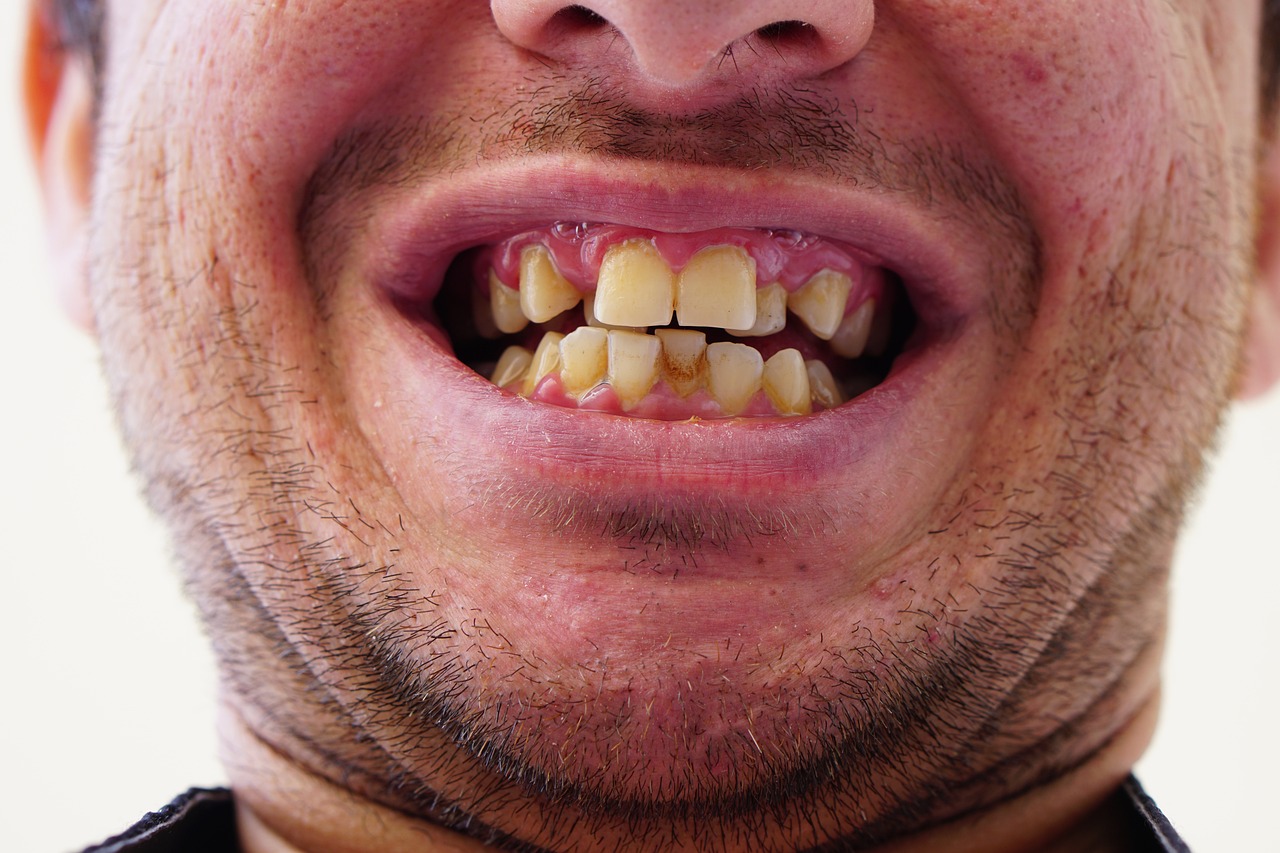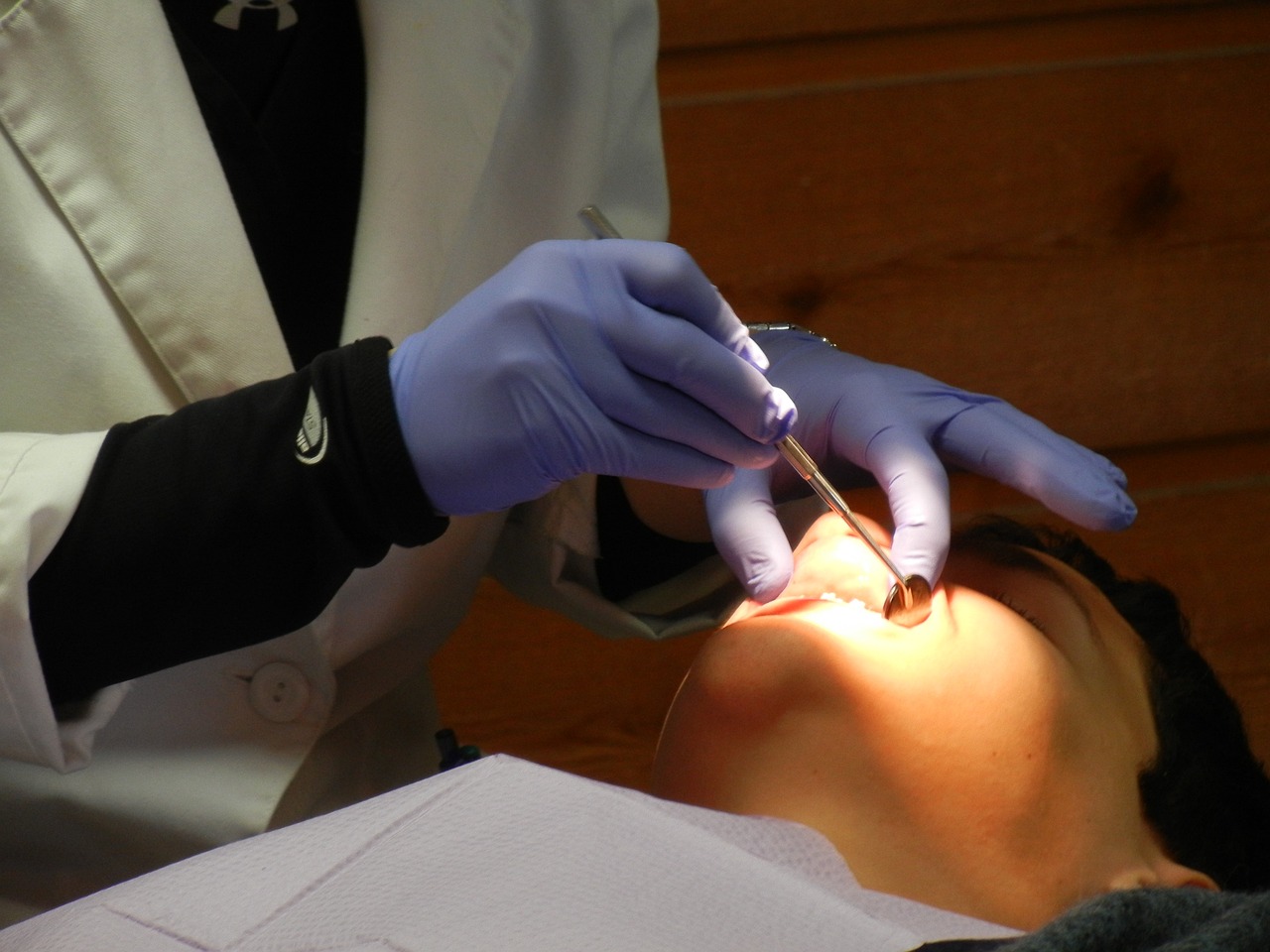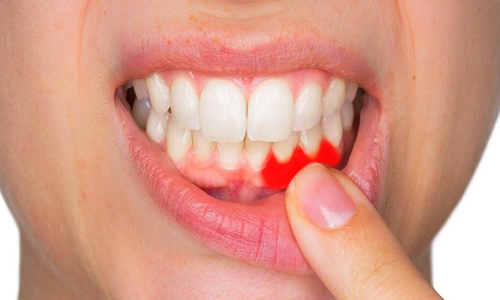What Is Gingivitis and How Can I Prevent It?
Although dental professionals are out there to maintain your oral health, it all depends upon you how well you take care of your teeth and gums. A dental care regimen involves brushing, flossing, rinsing with mouthwash, and even keeping an eye out for oral health issues which can be spotted and even treated in routine dental check-ups. One of the oral health issues that are being discussed here is Gingivitis. Dentists or dental hygienists can give expert advice on how to prevent and reverse gingivitis through dental hygiene practices and home remedies. By building good oral habits, one can avoid the inconvenience and pain associated with gingivitis.

What is Gingivitis?
Gingivitis is the infection of the gums. It is a former stage of gum disease that is capable of progressing into periodontitis. If severe gum disease is left untreated, there is a high risk of experiencing tooth loss. This is why every dentist recommends keeping a check on oral health and finds prevention and reversal of gingivitis very important.
Signs and Symptoms of Gingivitis
The most common sign of having gingivitis is bleeding gums. People also report experiencing symptoms like gum tenderness, puffiness, and tenderness.
What Causes Gingivitis?
Gingivitis occurs due to the build-up of dental plaque on the teeth along the gum line. If daily brushing and flossing are not practiced right, food debris can remain stuck in between or on the teeth surface upon which the oral bacteria can feed. This results in the formation of dental plaque- a sticky bacterial film that persists on the surface of the teeth. A dental plaque can irritate the gums and result in swelling and bleeding. Sometimes, the plaque may turn into hard tartar, also called dental calculus. Whether a dental plaque or tartar, only a dentist or dental hygienist can get it removed. So, not taking good care of oral health can spread the bacteria present in plaque to the gums, thus causing gingivitis. The risk of developing gingivitis is usually more in people having existing medical conditions like diabetes.
Tips to Prevent Gingivitis
Gingivitis can be prevented by taking care of oral health. Even if one experiences inflammation and bleeding of the gums, it’s important to keep brushing teeth to reverse the condition. The primary prevention step is following good oral habits and establishing an oral hygiene routine. One can improve the health of his/her mouth by following these tips:
- Use an Electric Toothbrush
Dental experts always recommend twice daily brushing of teeth for about 2 minutes in circular motions. Most people fail to brush enough or correctly, which may be because of a bad choice of the toothbrush. An electric toothbrush can make brushing much easier and more proper, especially for small children or people who have poor motor control.
- Rinse After Meals
Rinsing the mouth with water after meals can avoid food debris from getting stuck to the teeth throughout the day. Natural mouthwashes or the dentist-recommended store-bought mouthwashes can be used at least once a day to prevent bacteria build-up.
- Do Flossing
Flossing is a very important oral hygiene habit to clean and dislodge any food particles stuck in between the teeth. Its regular use can help prevent dental plaque build-up and even its removal to some extent. Flossing is much easier and less annoying if one invests in a water-flossing system instead of traditional flossing.
- Do Not Smoke or Chew Tobacco
Smoking cigarettes or chewing tobacco can cause people to have more dental plaque and worsen gum infection or disease. It leads to oxygen deprivation in the bloodstream, which is why the infected gums take time to heal or don’t heal.
- Avoid Intake of Sugary and Fatty Foods or Drinks
The bacteria residing inside the mouth flourishes in sugars and acids which aren’t good for the health of the teeth. So, to avoid dental plaque formation, either limit their intake or even if one wants to, ensure that the mouth is rinsed thoroughly afterward.
- Drink Plenty of Water
Water contains minerals like fluoride. It helps in strengthening the tooth’s enamel and fights the bacteria that harm the teeth and gums. Furthermore, it helps in keeping teeth and other oral structures clean and healthy by washing the food leftovers from the inside of the mouth.
- Eat a Healthy, Balanced Diet
To support gum health, one must have a diet full of healthy foods and provide a lot of nutrients that are essential for keeping the gums and teeth healthy. Therefore, the diet must have milk, yogurt, fresh fruits and vegetables, tea, nuts, and whole grains.

How Can Gingivitis be Treated?
Prevention of the progression of this gum disease requires a proactive approach and prompt treatment. If you or a member of your family suffer from gingivitis, you may schedule an appointment at the dentist’s office. Professional dental cleaning, commonly known as “scale and polish” or “scale and root planing,” plays a significant role in treating gingivitis. Using instruments such as a laser or an ultrasonic device, a dentist removes all signs of plaque, tartar, and bacterial residue during the initial cleaning.
Scaling removes tartar and germs from tooth surfaces and below the gum line. On the other hand, root planning tries to reduce bacterial byproducts of inflammation. Additionally, it smoothes the roots’ surfaces and prevents further tartar and bacterial formation from aiding recovery.
Some individuals may require dental restoration because misplaced teeth or crowns and bridges that do not fit properly can irritate the gums. This makes it more difficult to eradicate plaque during daily dental hygiene practice. A dentist may therefore prescribe dental restoration. Resolving these issues could facilitate the management of gingivitis.
After a thorough professional cleaning, gingivitis will likely clear itself, but we must continue practicing daily oral hygiene. A dentist may also assist a patient in developing an at-home regimen to maintain healthy gums. Regular dental examinations help prevent gingivitis and dramatically enhance oral health.
For more information on Gingivitis treatment in Chicago consult the dental experts at First Point Dental Clinic. After the professional dental cleaning is performed at the First Point Dental office, the patient must maintain their oral health by daily practicing proper brushing, flossing, and rinsing.

